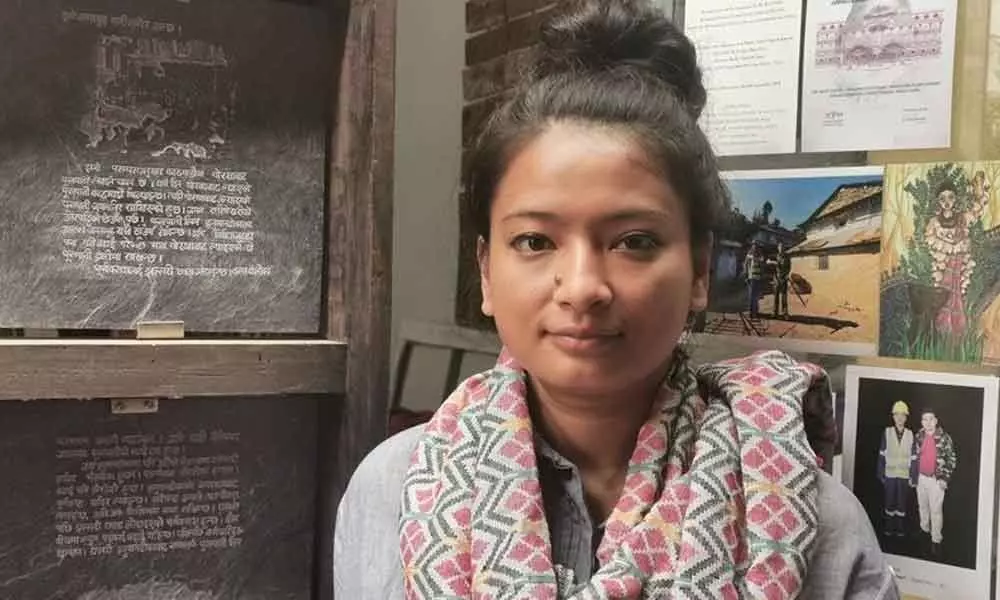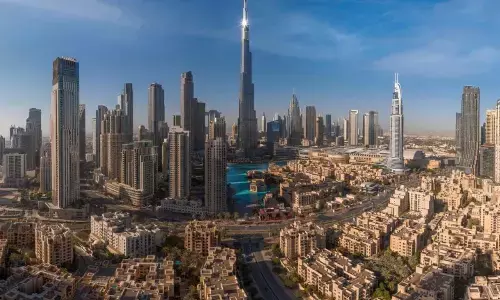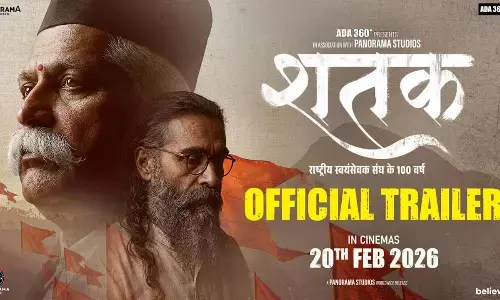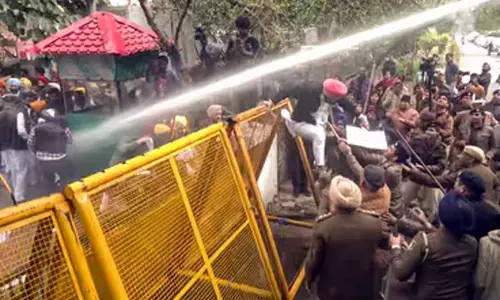Kathmandu Triennale: From poets to Shamans
 Sheelasha Rajbhandari
Sheelasha RajbhandariFocussing on ideas and movements that have been marginalised both within Nepal and globally, including discourses of decolonisation, migration and displacement, indigenous knowledge, queer rights, feminism, and alternative worldviews, the Kathmandu Triennale 2077
Focussing on ideas and movements that have been marginalised both within Nepal and globally, including discourses of decolonisation, migration and displacement, indigenous knowledge, queer rights, feminism, and alternative worldviews, the Kathmandu Triennale 2077 (KT2077) to be held from December 4, 2020 to January 9, 2021 will be the largest art event Nepal has seen to date with works by over 100 artists, from more than 40 nations across six continents. It will be presented across multiple historical venues, public and communal spaces in Kathmandu.
Curators of KT2077, Hit Man Gurung and Sheelasha Rajbhandari, both practicing artists based in Kathmandu stress that the aim is to build an experimental and critical space in Nepal to engage in a series of artistic interventions– designed to interact with various audiences, spaces, and situations – to rethink and recontextualise the country's past, present, and future in relation to parallel movements across the globe.
Adding that the Triennale wants to look at image- and object-making lineages that transversed or unfolded in parallel to the fractures of the modern and will witness appropriate frameworks of understanding and bringing together these multiple aesthetic and cosmological lineages, which are still active, Sheelasha Rajbhandari adds, "However, we also want to see beyond the dominant traditions in these contexts, to showcase materiality and media from communities often subjected to processes of internal colonisation by their own, often post-colonial, states and their official nationalistic or cultural narratives."
Looking for first person narratives that revert or deconstruct the gaze that outsiders have projected upon their peoples, most of the participating artists, the curators and Cosmin Costinas (Artistic Director of KT 2077 and Executive Director of Para Site) are looking at art from first nations, indigenous, adivasi and janajati communities and come from lineages of practices through which historically marginalised communities have resisted or subverted mainstream politics.
"The participants are not only from the stereotypical 'fine arts' background but in fact researchers, activists, poets, performers, healers, shamans.... It's beautiful how their works connect, communicate, coalesce with each other," says Sheelasha.
Ask the young curators if the Triennale will give an impetus to the art community in Nepal, especially younger artists, and Sheelasha says that in her country, there is a deficit of institutions such as museums, art councils , foundations, organisations , research and archive centers , galleries , which seriously focus or promote the artistic practises.
"Furthermore, the mainstream history of Nepal is monolithic and problematic, it's all about rulers, politicians, religion, and men, in addition to being dominated by the rhetoric of privileged castes and classes.
We have to rewrite and redefine history through the perspective of marginalised peoples."
She adds that KT can be a platform to bring these diverse narratives, alternative histories and knowledge which mainstream systems refuse to acknowledge.
Stressing that despite the uncertainty which has come with COVID-19, they were optimistic, the curators insist that they are also inspired by individuals and communities who are developing ingenious ways to cope with the current situation.











